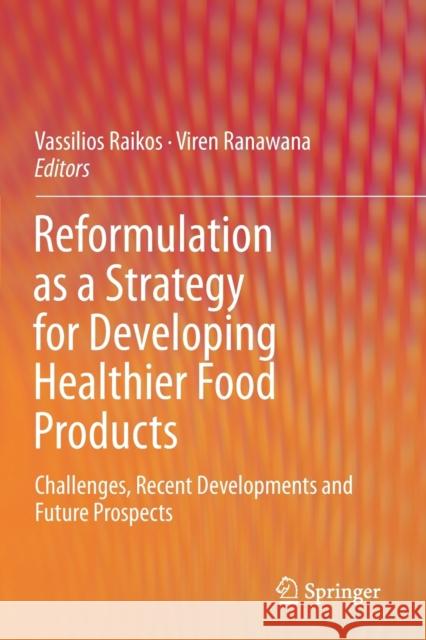Reformulation as a Strategy for Developing Healthier Food Products: Challenges, Recent Developments and Future Prospects » książka
topmenu
Reformulation as a Strategy for Developing Healthier Food Products: Challenges, Recent Developments and Future Prospects
ISBN-13: 9783030236236 / Angielski / Miękka / 2020 / 318 str.
Reformulation as a Strategy for Developing Healthier Food Products: Challenges, Recent Developments and Future Prospects
ISBN-13: 9783030236236 / Angielski / Miękka / 2020 / 318 str.
cena 322,01
(netto: 306,68 VAT: 5%)
Najniższa cena z 30 dni: 308,41
(netto: 306,68 VAT: 5%)
Najniższa cena z 30 dni: 308,41
Termin realizacji zamówienia:
ok. 22 dni roboczych.
ok. 22 dni roboczych.
Darmowa dostawa!
Kategorie:
Kategorie BISAC:
Wydawca:
Springer
Język:
Angielski
ISBN-13:
9783030236236
Rok wydania:
2020
Wydanie:
2019
Ilość stron:
318
Waga:
0.46 kg
Wymiary:
23.39 x 15.6 x 1.75
Oprawa:
Miękka
Wolumenów:
01
Dodatkowe informacje:
Wydanie ilustrowane











